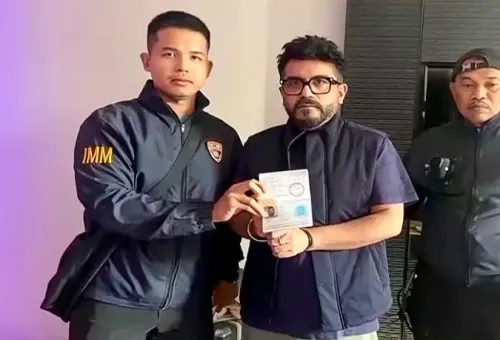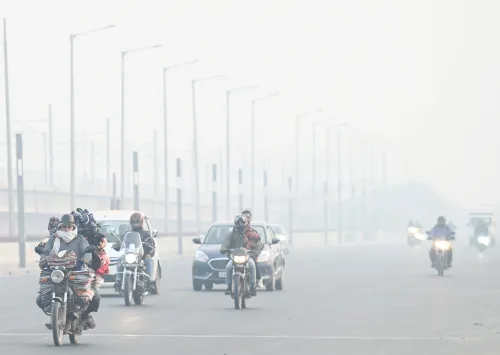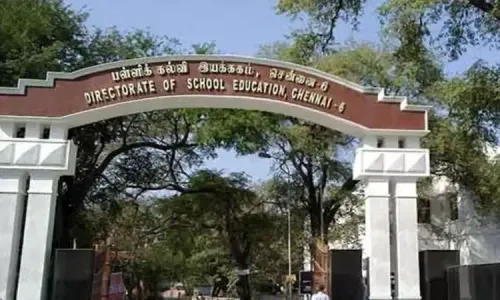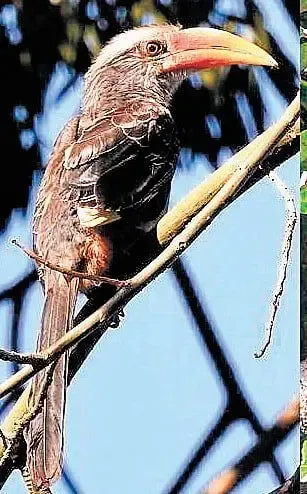Are India-Brazil Ties Strengthening the Global South's Voice?
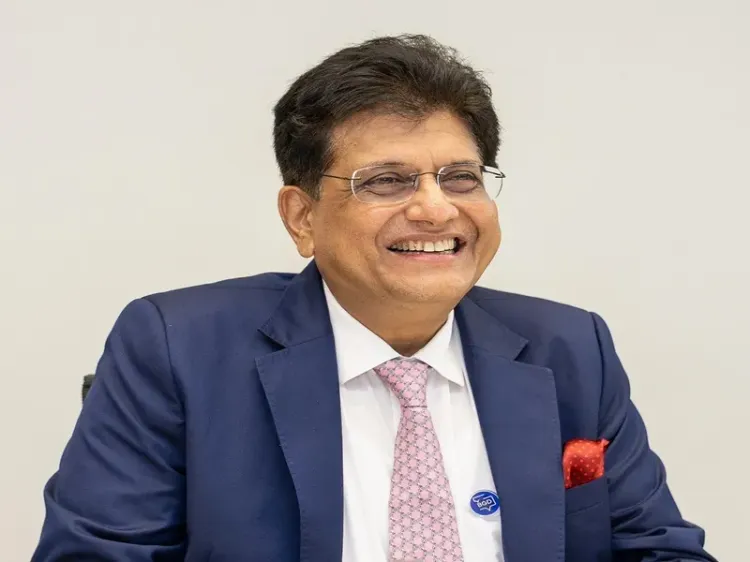
Synopsis
Key Takeaways
- India and Brazil aim to boost bilateral trade to $20 billion by 2030.
- The partnership focuses on enhancing energy ties and trade agreements.
- Brazil plays a significant role in advocating for the Global South.
- Cooperation in biofuels and aviation is on the rise.
- Defence collaboration includes joint exercises and equipment co-development.
New Delhi, Oct 26 (NationPress) India and Brazil are enhancing their trade, investment, and energy relationships as part of the BRICS coalition. This initiative is anticipated to elevate the negotiating strength of the Global South amidst rising uncertainties in global trade due to US tariffs. The nations have agreed to significantly expand their agreement with MERCOSUR member states, aiming to secure a larger portion of bilateral trade under tariff preferences, as detailed in a joint statement following a meeting between Brazil's Vice President, Geraldo Alckmin, and India's Minister of Commerce and Industry, Piyush Goyal.
The initial agreement with MERCOSUR, which includes Brazil, Argentina, Bolivia, Paraguay, and Uruguay, was established on June 17, 2003, to foster stronger relations and trade expansion.
As per the joint statement, this agreement's expansion will encompass both tariff and non-tariff trade and economic partnership issues.
Analysts indicate that this movement aims to protect their economies from punitive US tariffs and assert influence on multilateral topics, including energy security and global climate policy, as mentioned in the South China Morning Post's publication This Week in Asia.
Brazil stands as India's primary trade partner in South America, and the two nations have set a goal to elevate bilateral trade from $12 billion last year to $20 billion by 2030.
“This partnership holds significant weight and complementarity. There is a strong rationale for collaboration as their interests align and it benefits humanity at large,” stated Manjeev Puri, India’s former ambassador to the European Union, in an interview with This Week in Asia.
Both nations are committed advocates for the interests of developing countries within the Global South. Brazil has addressed key issues like food security and health at multilateral platforms such as BRICS and G20. Meanwhile, India has contributed by sharing digital infrastructure, providing humanitarian assistance, and supporting the African Union's inclusion into the G20.
As founding members of BRICS—which includes Russia, China, and South Africa—India and Brazil also partake in the India-Brazil-South Africa Dialogue Forum, aimed at enhancing cooperation across various sectors.
Experts suggest multiple avenues for deeper bilateral collaboration. Brazil’s pioneering work in sugar cane-based biofuels could play a crucial role in India’s efforts to boost ethanol use, which is essential for reducing crude oil imports—a significant drain on its foreign exchange, Puri highlighted.
The aviation sector is another potential area for growth. Brazilian aerospace leader Embraer has opened an office in Delhi to strengthen its foothold in India’s commercial aviation market. The Indian Air Force and Star Air already utilize Embraer aircraft.
During the visit, Brazil’s Vice President also met with Petroleum Minister Hardeep Singh Puri.
“It was a pleasure to engage with Geraldo Alckmin, Brazil's Vice President and Minister of Development, Industry, Trade, and Services. We discussed the expanding energy partnership between India and Brazil, focusing on robust bilateral trade in hydrocarbons and long-term crude supply contracts with Petrobras, along with Indian investments exceeding USD 3.5 billion in Brazil’s upstream sector, positioning it as India’s foremost investment destination in the Americas,” Puri stated post-meeting.
Additionally, discussions revolved around collaborative opportunities in exploration and production, India’s role in upcoming offshore projects, and mutual interests in deep and ultra-deepwater activities.
Alckmin also engaged in discussions with Defence Minister Rajnath Singh, alongside Brazilian Defence Minister Jose Mucio Monteiro Filho.
India and Brazil maintain a strategic partnership, covering a wide array of defence relations. They exchanged perspectives on military-to-military cooperation and defence industrial collaboration, including joint exercises and training visits.
The leaders assessed the status of ongoing defence initiatives and pinpointed priority areas for joint action, including the potential for co-development and co-production of defence equipment, as stated by the Ministry of Defence.


